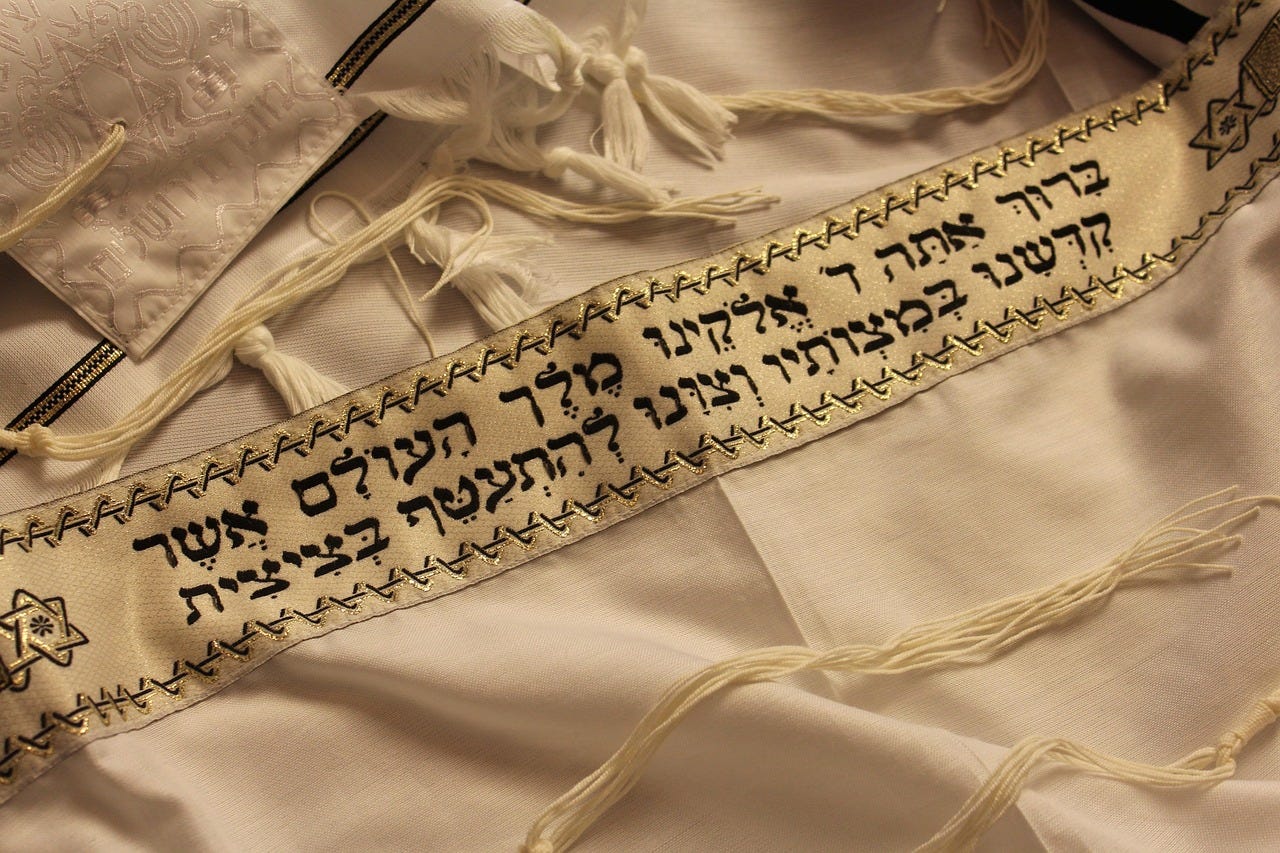Faith is another form of knowledge
A knowledge whose truth is based on evidence given by God
By Steve Hall
Fatalism is not an option for the person of faith. Confidence is. Particularly the confidence that nothing, absolutely nothing, happens by chance. God is involved, no matter what.

Memorial of Saint John Bosco, Priest
Hebrews 11:1-2, 8-19
Mark 4:35-41
In case you haven’t noticed, none of the Colorado mountains have been cast into the sea. But then, Jesus likely just used a figure of speech when he made that observation about faith. So, what exactly is the depth of the faith we are called to have?
Personally, I think of faith as another form of knowledge - a knowledge whose truth is based on evidence given by God. The example of Abraham — the Biblical archetype of faith — is helpful here. One thing in particular comes to mind. Abraham had faith that he was to be the father of a great nation “even though he was past the normal age and Sarah herself was sterile . . . . “ Nevertheless, Abraham retained his confidence that the word of the Lord was true, in spite of everything he knew to the contrary.
We have a well-established folk teaching that God helps those who help themselves. But such folklore contradicts true faith: we help ourselves, and God is our backup plan. That’s not how it’s supposed to be. Clearly, we don’t get to sit around waiting for God to do what he’s going to do, but we also don’t get to take the lead in determining what will happen.
Fatalism is not an option for a person of faith. Confidence is. Particularly the confidence that nothing, absolutely nothing, happens by chance. God is involved, no matter what. But we sometimes get wires crossed and things unnecessarily at odds. Protection and provision will be given by God, but not so that everything is OK while we live this life. Instead his protection and provision are for getting us to that life with him eternally.
Jesus questioned the disciples about their faith after he calmed the storm. But I don’t believe it was about faith that he could or would calm the storm. Neither was it a question about whether or not they would/could survive the tempest. Rather, the question was about their faith, confidence, and knowledge that, no matter what, it would all be okay.




